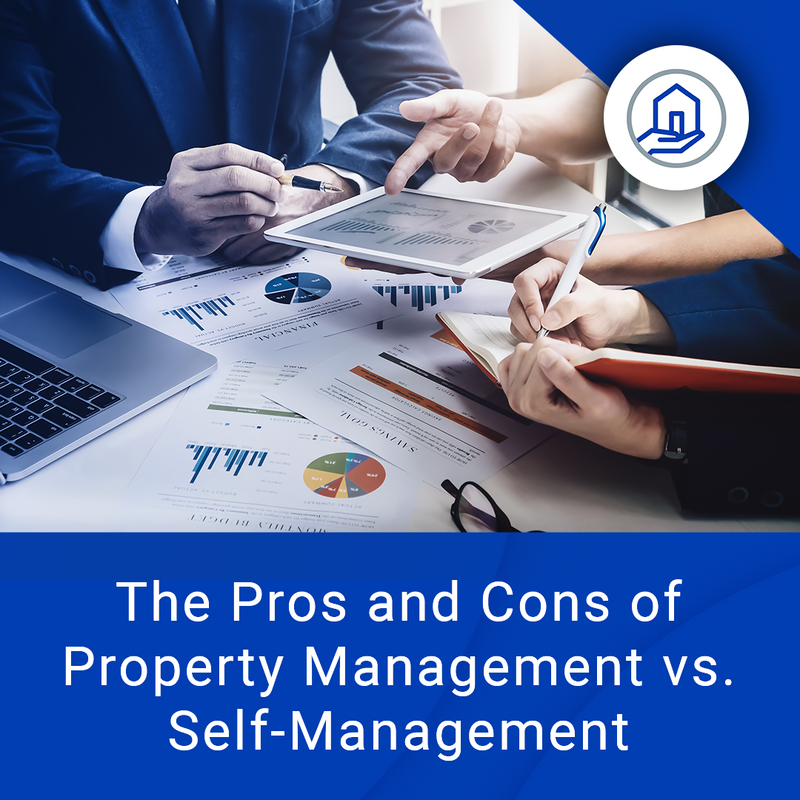When you own rental property, one of the critical decisions you’ll face is whether to manage it yourself or enlist the services of a professional property management company. Both options have their merits and drawbacks, and the choice depends on your goals, resources, and personal preferences. In this blog, we’ll explore the pros and cons of property management vs. self-management to help you make an informed decision.
Pros of Property Management:
Expertise and Experience: Property management companies bring a wealth of experience and knowledge to the table. They understand local rental markets, tenant screening, property maintenance, and legal requirements. This expertise can help you navigate challenges effectively.
Time Savings: Property management can be time-consuming, especially if you own multiple units or properties. A property management company takes care of daily tasks, freeing up your time for other pursuits.
Tenant Screening: Professionals can thoroughly screen prospective tenants, reducing the risk of problematic renters. This lowers the chances of property damage and late payments.
Maintenance Coordination: Property managers handle maintenance requests and emergencies, ensuring your property is well-maintained without you having to be hands-on.
Legal Compliance: Staying up-to-date with landlord-tenant laws can be daunting. Property management companies are well-versed in these regulations and can help you avoid legal pitfalls.
Cons of Property Management:
Cost: Property management services come at a price. You’ll need to factor in management fees, which typically range from 8% to 12% of monthly rent. This expense can eat into your rental income.
Reduced Control: When you hire a property manager, you delegate decision-making authority. While this can alleviate your workload, it may also limit your control over the property.
Potential Misalignment: Your property manager’s priorities may not always align with your own. They may prioritize keeping units occupied, even if it means lowering rent rates.
Pros of Self-Management:
Cost Savings: Self-management allows you to avoid management fees, potentially increasing your overall rental income.
Full Control: You have complete control over property-related decisions, from rent rates to tenant selection and maintenance.
Direct Tenant Interaction: Managing your property yourself enables direct communication with tenants, potentially fostering better landlord-tenant relationships.
Cons of Self-Management:
Time-Consuming: Self-management demands a significant time commitment. You’ll be responsible for advertising, tenant screening, maintenance, and dealing with tenant issues.
Limited Expertise: If you lack experience in property management or legal knowledge, you may make costly mistakes. Ignorance of local laws can lead to legal issues.
Stress and Burnout: Managing a property can be stressful, especially when dealing with difficult tenants or unexpected maintenance problems. It can lead to burnout.
Choosing between property management and self-management is a critical decision for property owners. Assess your financial resources, time availability, and expertise when making this choice. Property management can provide peace of mind and professional expertise but comes at a cost. Self-management offers control and potential cost savings but demands your time and knowledge.

